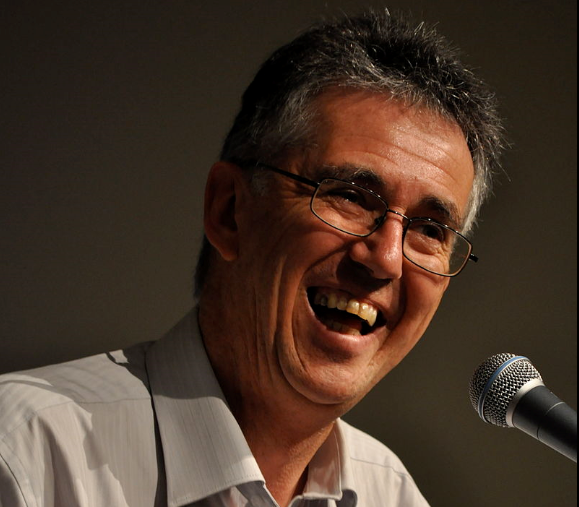Only 1-in-10 British men get along with fathers, says Australian psychologist Steve Biddulph

Just 1-in-10 British men get on well with their fathers, according to Australian psychologist Steve Biddulph. "It is this gap," he said in an interview with The Times newspaper. "Every father has this sort of dream son he wants to raise and every son a dream dad that he wants to be raised by and I think for a long time the sons and fathers of Britain didn't see eye-to-eye."
Biddulph refers to this state of affairs as "the father wound" and believes it is rooted in the large numbers of men who fought and survived both world wars. This year's 70th anniversary of the end of the Second World War is an apposite moment to point to the hidden damage the conflict caused within family relationships.
"The wars really hammered British men," he said, "but I think, little by little, in the years since World War Two, it's been gradually thawing out." Biddulph published a book, Manhood, this week which is targeted at British men. His research has taken place over 30 years, during which he has regularly visited the UK to interview men and women about fathers, sons, husbands and relationships.
Biddulph believes a further factor in filial estrangement is the reserve that has traditionally made British men distant within relationships. Previously, he wrote Raising Boys, subtitled: "Why Boys are Different – and How to Help Them Become Happy and Well-Balanced Men". The book became a word of mouth best seller and has been influential on parenting. In it he said it is essential that boys spend more time learning about manhood from their fathers, though he also included helpful information for mothers and single mothers with baby boys.
Biddulph believes that fathers are boys' security and role models, and he has said that much ADD (Attention Deficit Disorder) is really DDD – Dad Deficiency Disorder – stating that "to become a good man, you have to know good men". Unfortunately, the widespread alienation between fathers and sons he points to in his latest book indicates that there is still a very long way to go before British fathers form productive nurturing relationships with their sons.
On a more positive note, in Manhood Biddulph says that many British men now combine the sensitivity of the "new men" of the 1970s with the backbone and stoic reliability of men from the 1950s. "I think this is different,' he said, "a man who is real, who will actually disagree with his wife and have his own point of view and, of course, this is what women want as well."
© Copyright IBTimes 2025. All rights reserved.




















